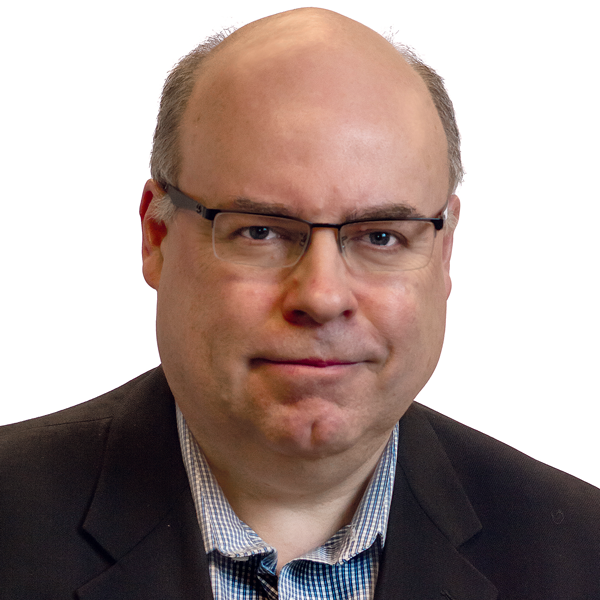
Autumn is a time of change. That probably seems trite and obvious, and certainly it’s a trait shared by all the seasons, at least where I live in the Pacific Northwest. But the transitions of fall always feel most jarring.
In my view, winter just completes what fall started, and summer lazily maintains what spring too-slowly recreates out of a dreary wasteland. But autumn is efficient and self-motivated. One moment we’re lying on our backs contentedly admiring the leaves, and the next we’re bagging them for compost.
“Autumn is the season when everything falls away,” concurs esteemed travel writer Pico Iyer.
That’s certainly been true in long-term care this year, when fall signaled the demise of the old payment model and heralded its replacement.
We gush about the beauty of October in Vermont, but it’s also plenty memorable to see all the vibrant new colors the Patient Driven Payment Model has brought to provider faces. Hopefully, they don’t end up dropping from the trees.
For me, fall represents the most vivid possible reminder of the endless constancy of change, unwelcome or not. I just came back from visiting Washington, D.C., with a group of World War II veterans, and clearly nobody better embodies the acceptance of whatever life may bring than they do.
I asked a colleague who was along on the trip to reflect on what she found most instructive about spending quality time with these heroes. As someone who’s experienced a heavy dose of tumultuous change herself recently, she was particularly inspired by their optimism and resilience in the face of challenges we might consider overwhelming today.
“They have such nonchalance about everything they went through and survived, some of which is hard for us to even imagine,” she said, remembering gripping stories of uncommon bravery and perseverance told to her as they experienced the World War II Memorial together. “But their attitude is, ‘you’ll survive, you’ll get through it, everything will be OK.’”
That’s the lesson that autumn insists on teaching us, too — that whatever is ahead for our lives and profession, we’ll be fine, and probably even better when we get on the other side.
From the December 2019 Issue of McKnight's Long-Term Care News





